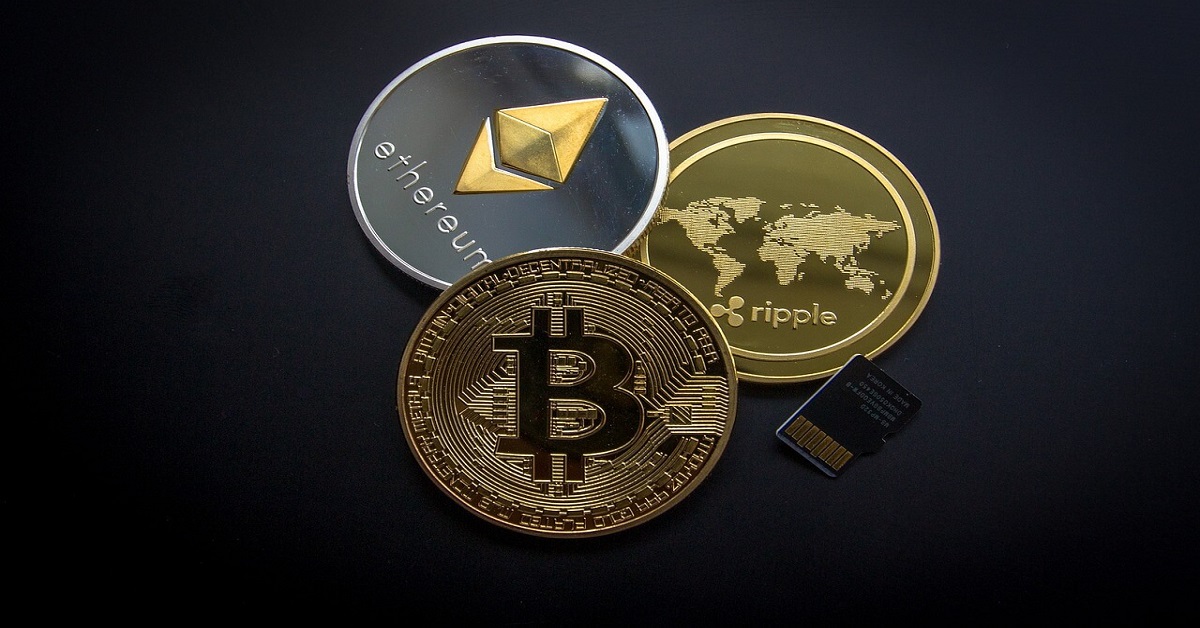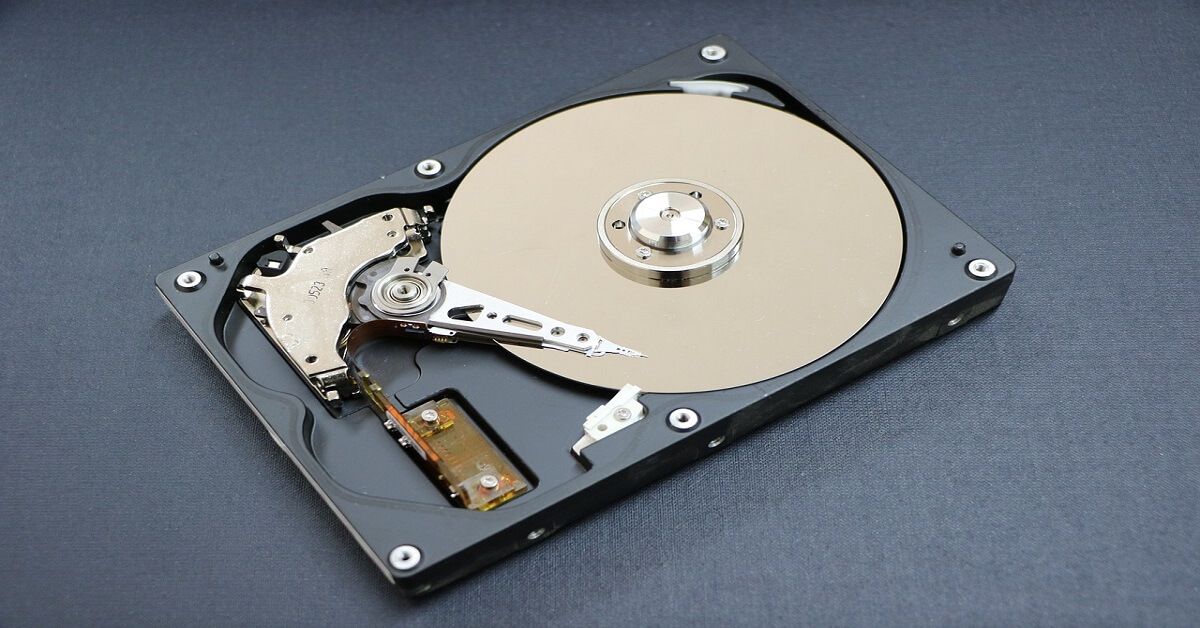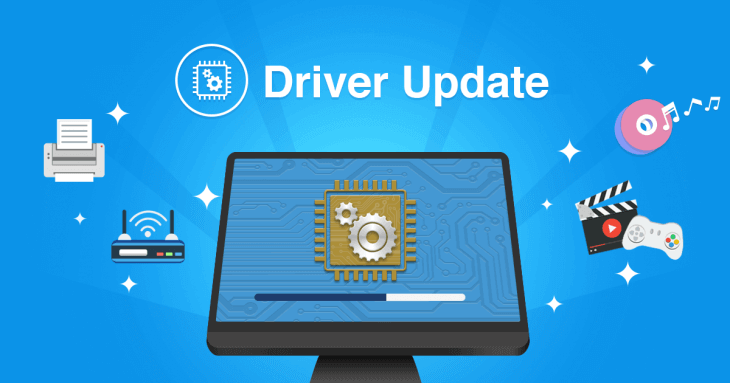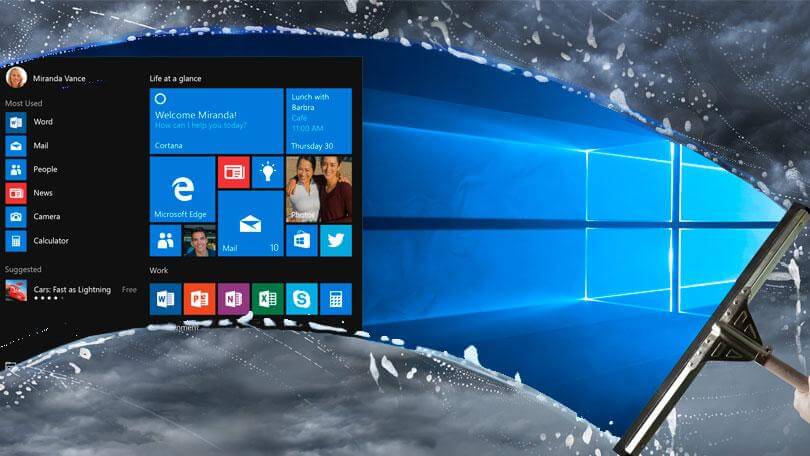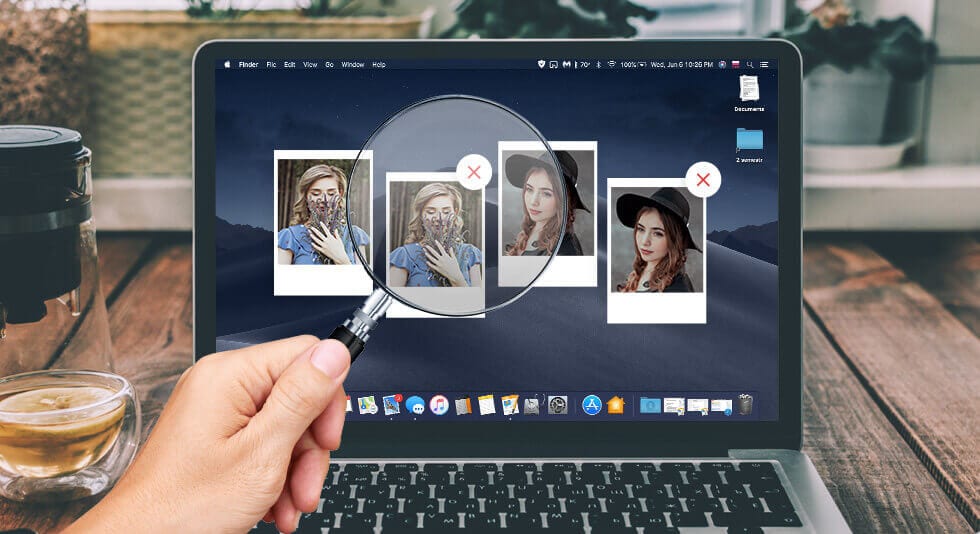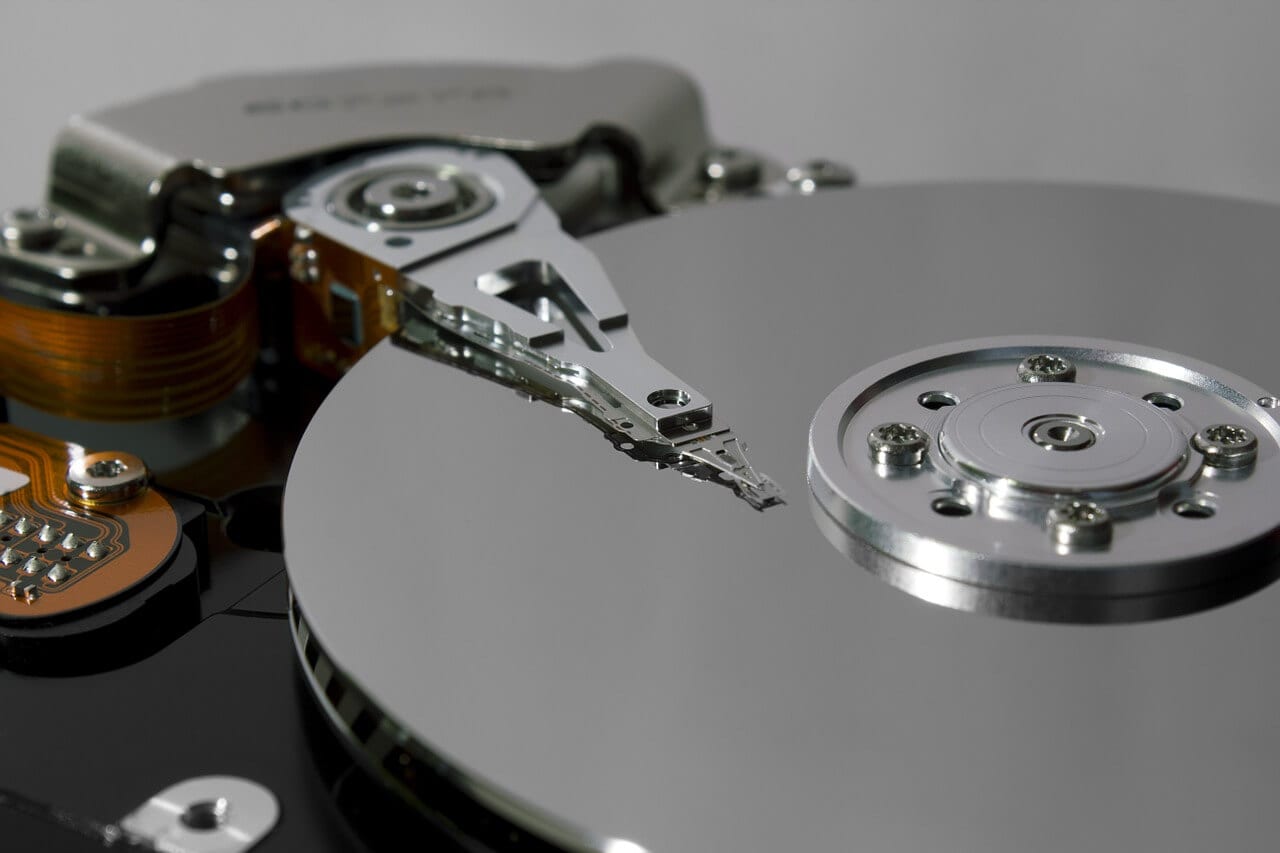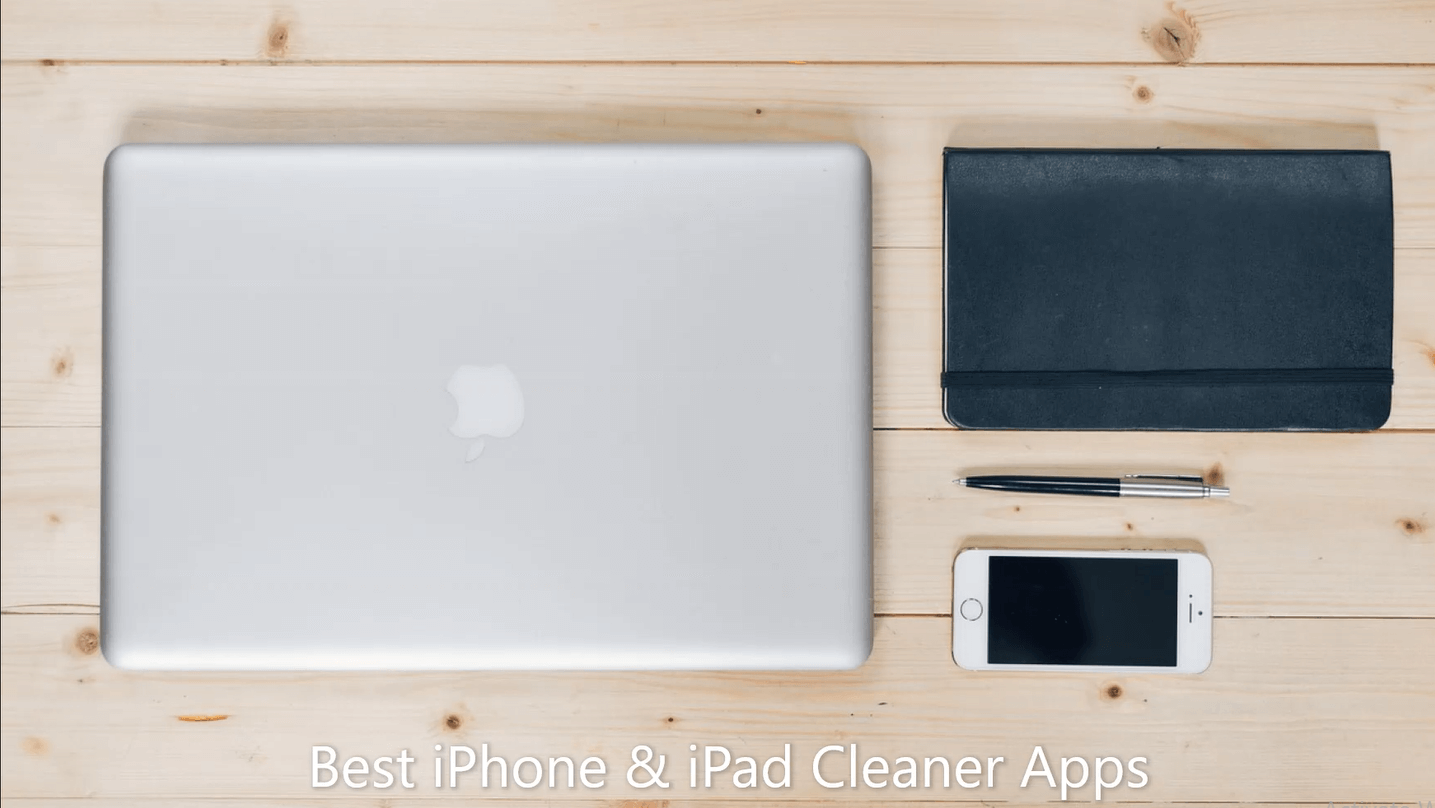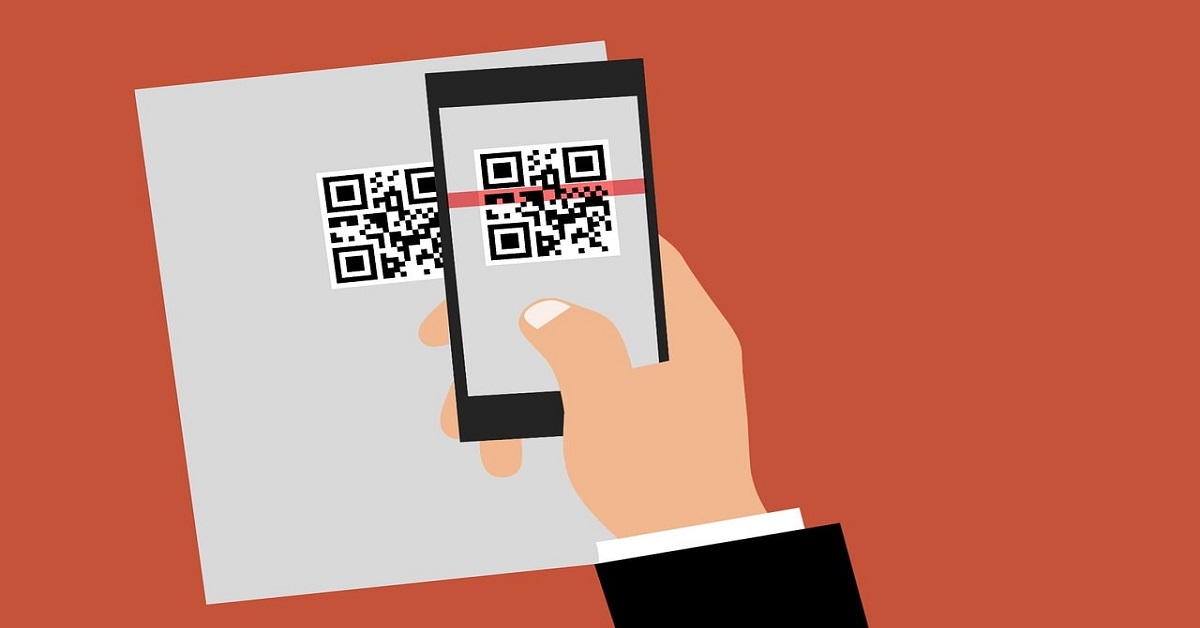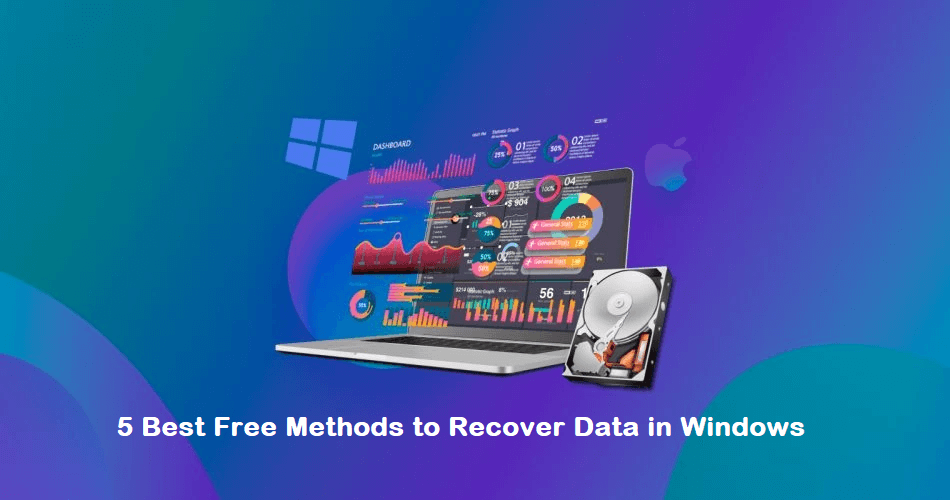What Are Crypto Exchanges And How Do They Work
Introduction:
Cryptocurrencies have exploded in popularity in recent years. Driving mainstream adoption are crypto exchanges – online platforms that allow investors to easily buy, sell, and trade digital currencies like Bitcoin and Ethereum. Crypto exchanges provide the critical infrastructure that allows individuals and institutions seamless entry into the crypto ecosystem. But how exactly do these exchanges work?
This article will explore what crypto exchanges are, the different types available, their key features, how trades are executed, and what criteria you should evaluate when choosing an exchange as a new user.
We’ll also discuss the role played by a cryptocurrency exchange development company that creates the complex trading platforms that power leading exchanges worldwide.
What Are Crypto Exchanges And How Do They Work?
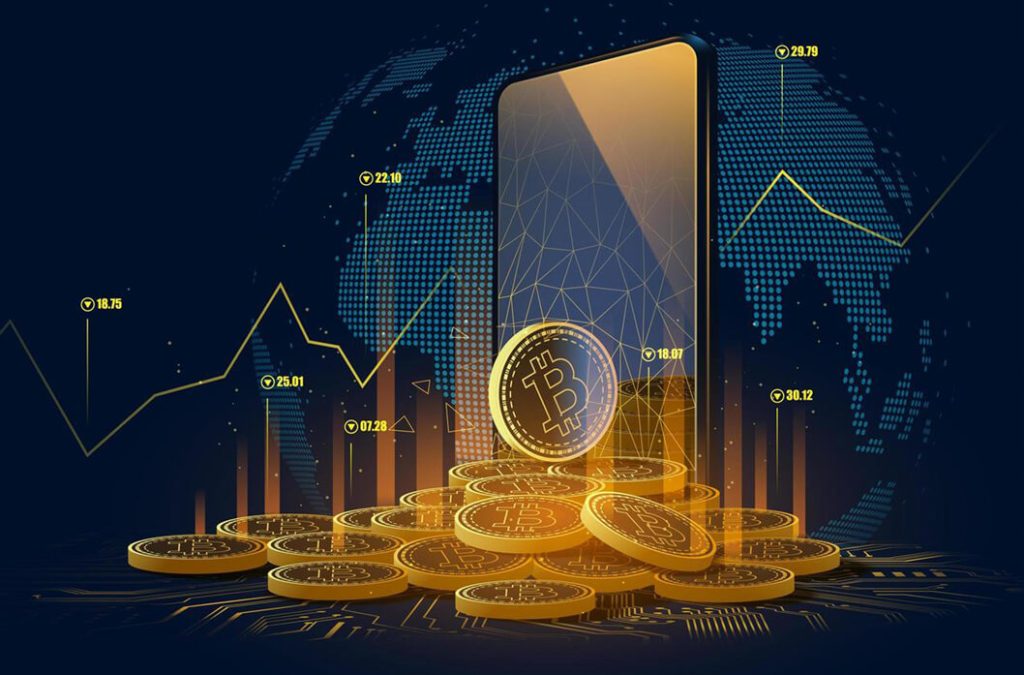
A crypto exchange, also called a digital currency exchange (DCE), is a platform that enables users to trade cryptocurrencies or digital currencies for other assets, like traditional government-backed money or other digital currencies.
Exchanges are a critical component of the crypto ecosystem as they provide an essential platform for users to convert their fiat currencies into cryptocurrencies and vice versa.
Some key features of crypto exchanges include:
- Trading Platform – The exchange provides an online platform where buyers and sellers can place trade orders and execute transactions. This includes features like real-time order books, charting tools, trade histories, etc.
- Custody Services – Exchanges usually offer custodial wallet services to store the cryptocurrency assets of their customers. The exchange will keep the private keys to these wallets.
- Liquidity – Exchanges connect buyers and sellers directly and provide liquidity in the markets. The more buyers and sellers on an exchange, the easier it becomes to execute trades quickly.
- Fees – Cryptocurrency exchanges charge various fees for trades carried out on their platforms. Typical fees include maker/taker fees for executing trades, deposit and withdrawal fees for moving funds in and out of the exchange, and account fees for maintaining an account on the platform.
- Security – Exchanges implement security measures like cold storage, multi-signature wallets, and two-factor authentication to secure client funds and information.
Types of Crypto Exchanges
There are several categories of crypto exchanges available today:
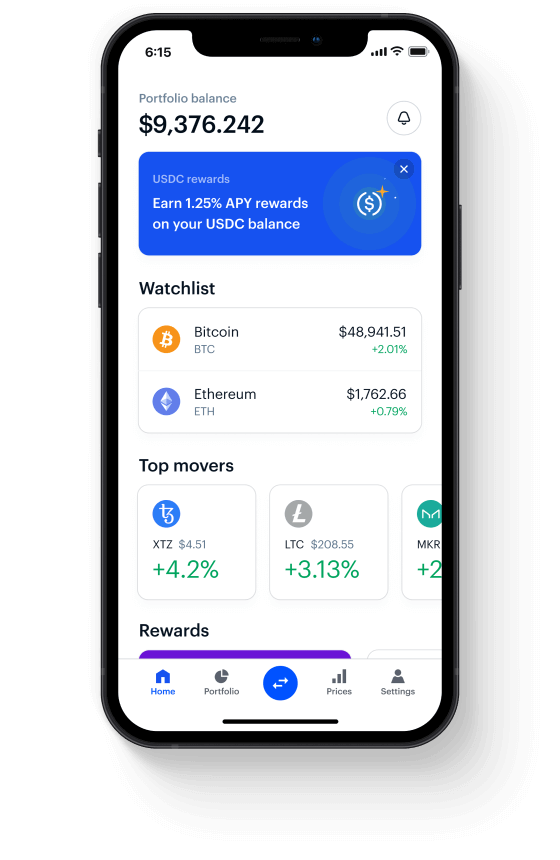
- Trading Platforms – The most basic type of exchange is trading platforms like Coinbase, Kraken, and Gemini. These allow users to trade supported crypto assets.
- P2P Exchanges – Peer-to-peer exchanges like LocalBitcoins and Paxful connect individual buyers and sellers directly without an intermediary. Trading is done via online chat, escrow services, or in-person meetups.
- Derivatives Exchanges – These platforms like Binance Futures allow leveraged trading and derivatives like futures, options, and swaps based on cryptocurrency assets.
- Brokerage Services – Companies like Robinhood provide an online brokerage service to buy and sell cryptos alongside other asset classes like stocks.
Each exchange type has its benefits and drawbacks for users in terms of fees, features, liquidity, jurisdiction, etc. Users should evaluate the pros and cons before selecting an exchange.
How Do Crypto Exchanges Work?
Crypto exchanges provide their users with trading accounts where the users can securely store, trade, and withdraw cryptocurrencies. The process typically works as follows:
Step 1: Create an account
First, the user signs up with the exchange by providing details like name, email, proof of identity, etc.
Step 2: Deposit funds
Once the account is verified by the exchange, the user can deposit fiat currency or cryptocurrency by transferring it to the account’s wallet addresses. Exchanges support various payment methods like bank transfers and credit cards for fiat deposits.
Step 3: Place trade orders
The exchange trading platform allows users to place market, limit, or other types of orders for buying and selling coins. The exchange matches these orders with counter-orders from other users to execute trades.
Step 4: Withdraw assets
Once the desired trades are complete, users can withdraw their cryptocurrency assets or fiat money. Withdrawals are sent back to the bank account or crypto wallet address specified.
Throughout this process, the exchange acts as a custodian and keeps track of user account balances and trading histories.
Tips for Choosing the Right Crypto Exchange
With hundreds of exchanges now available, how should one choose the right platform? When assessing a cryptocurrency exchange, some important factors to consider include:
- Regulation – Is the exchange registered with applicable regulators in its jurisdiction? Regulated exchanges provide more oversight.
- Reputation – Check reviews and community feedback regarding the exchange’s performance and security track record.
- Fees – Compare trading and withdrawal fees across shortlisted exchanges. Also, check deposit methods.
- Coins supported – Does the exchange support trading the coins you want to buy and sell?
- Liquidity – Review order books and spreads to assess the liquidity available on the exchange.
- Security – Review the exchange’s security policies and architecture. Check for the use of cold storage and encryption.
- Customer support – Evaluate the exchange’s customer support channels and response times by contacting them.
By carefully weighing these key aspects, you can identify the most suitable crypto exchange platform for your needs as an investor or trader. It’s also good practice to start small by transferring only a nominal amount to the new exchange during initial testing.
Role Of A Cryptocurrency Exchange Development Company
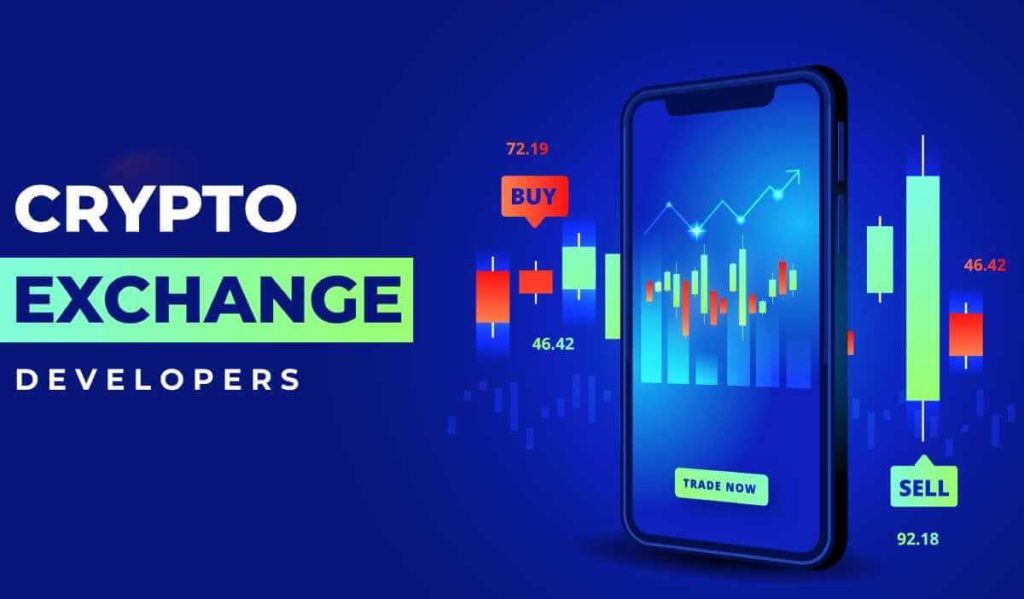
Developing and maintaining a crypto exchange platform requires significant specialized expertise that most exchange startups lack internally. This is where enlisting the services of a cryptocurrency exchange development company can make the process easier.
Some key responsibilities that would be handled by the crypto exchange developer include:
- Designing and coding the exchange platform’s front-end user interface and back-end software infrastructure.
- Integrating the platform with blockchain protocols and hot/cold wallet technology.
- Implementing robust security features like DDoS protection, 2FA, and key encryption.
- Building automated order matching engines and liquidity pools.
- Setting up KYC verification processes compliant with regulations.
By outsourcing these technology functions to a specialized exchange development firm, the founding team of an exchange startup can focus on business development, legal compliance, and marketing their platform to attract traders and grow volumes. This allows faster time to market and is often a more practical option than attempting to build everything in-house.
Summary
Crypto exchanges serve as the crucial on-ramp that allows new users to enter the crypto space by providing an easy means to buy and sell digital currencies. They enable mainstream adoption by offering simple sign-up, convenient payment methods, easy trading, and secure custody solutions.
With their scale, liquidity, and technology infrastructure, exchanges will continue to power the growing crypto economy.
Popular Post
Recent Post
How to Troubleshoot Xbox Game Bar Windows 10: 8 Solutions
Learn how to troubleshoot and fix issues with the Xbox Game Bar not working on Windows 10. This comprehensive guide provides 8 proven solutions to resolve common problems.
How To Record A Game Clip On Your PC With Game Bar Site
Learn how to easily record smooth, high-quality game clips on Windows 11 using the built-in Xbox Game Bar. This comprehensive guide covers enabling, and recording Game Bar on PC.
Top 10 Bass Booster & Equalizer for Android in 2024
Overview If you want to enjoy high-fidelity music play with bass booster and music equalizer, then you should try best Android equalizer & bass booster apps. While a lot of these apps are available online, here we have tested and reviewed 5 best apps you should use. It will help you improve music, audio, and […]
10 Best Video Player for Windows 11/10/8/7 (Free & Paid) in 2024
The advanced video players for Windows are designed to support high quality videos while option to stream content on various sites. These powerful tools support most file formats with support to audio and video files. In this article, we have tested & reviewed some of the best videos player for Windows. 10 Best Videos Player […]
11 Best Call Recording Apps for Android in 2024
Whether you want to record an important business meeting or interview call, you can easily do that using a call recording app. Android users have multiple great options too. Due to Android’s better connectivity with third-party resources, it is easy to record and manage call recordings on an Android device. However it is always good […]
10 Best iPhone and iPad Cleaner Apps of 2024
Agree or not, our iPhones and iPads have seamlessly integrated into our lives as essential companions, safeguarding our precious memories, sensitive information, and crucial apps. However, with constant use, these devices can accumulate a substantial amount of clutter, leading to sluggish performance, dwindling storage space, and frustration. Fortunately, the app ecosystem has responded with a […]
10 Free Best Barcode Scanner for Android in 2024
In our digital world, scanning barcodes and QR codes has become second nature. Whether you’re tracking packages, accessing information, or making payments, these little codes have made our lives incredibly convenient. But with so many barcode scanner apps out there for Android, choosing the right one can be overwhelming. That’s where this guide comes in! […]
11 Best Duplicate Contacts Remover Apps for iPhone in 2024
Your search for the best duplicate contacts remover apps for iPhone ends here. Let’s review some advanced free and premium apps you should try in 2024.
How To Unsubscribe From Emails On Gmail In Bulk – Mass Unsubscribe Gmail
Need to clean up your cluttered Gmail inbox? This guide covers how to mass unsubscribe from emails in Gmail using simple built-in tools. Learn the best practices today!
7 Best Free Methods to Recover Data in Windows
Lost your data on Windows PC? Here are the 5 best methods to recover your data on a Windows Computer.
